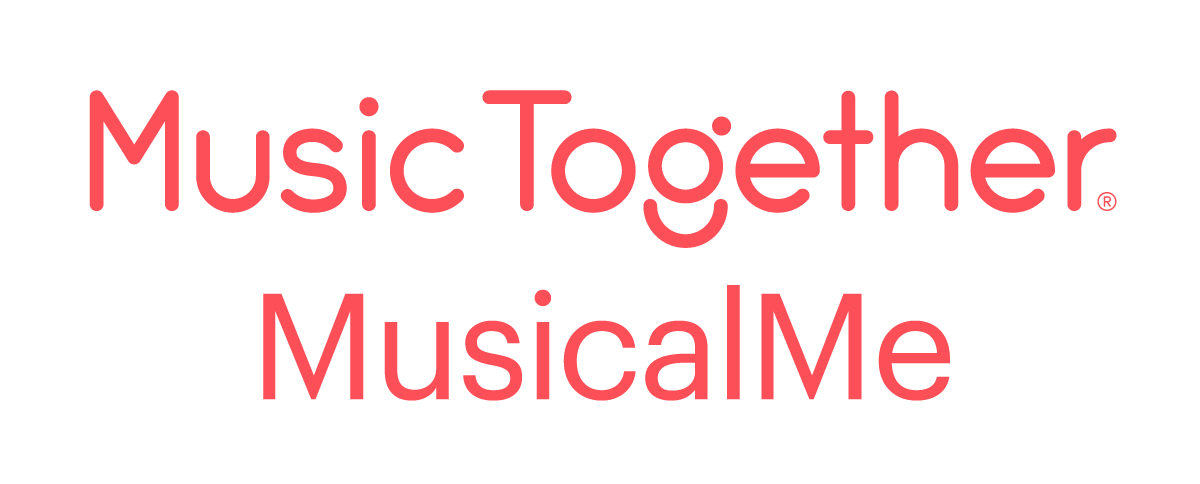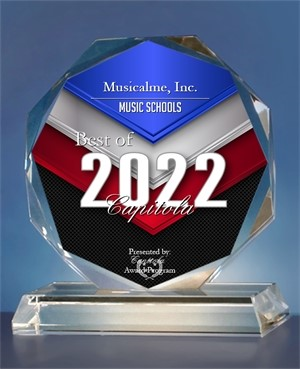|
|
|
|
|
MusicalMe Blog
| 26th Anniversary! |
| By Lizz Weihrauch on September 19, 2022 |
Today marks the 26th anniversary of MusicalMe. It was on this day in 1996 that Lizz Hodgin Weihrauch offered her very first Music Together® class! She started that fall with 35 students! It has been 26 years of making music and making friends. "I had NO idea that this would become my life! So many wonderful memories. So many connections and friendships made. So rewarding. So much work! And so much fun!" - Lizz Join us and let's make some grand memories. Here is to another 26 years Lizz! |
| Fall Classes Begin Today! |
| By Lizz Weihrauch on September 12, 2022 |
Have you registered for your Fall classes? Come joing us in one of our many locations in Aptos, Cupertino, Campbell, Felton, Los Gatos, Santa Cruz and Scotts Valley. |
| Music Development Delay! |
| By Lizz Weihrauch on August 24, 2022 |
Did you know that in our Western cultures, we have a music development delay? In other parts of the world, children tend to achieve basic music competence around 3 years old or earlier. But here, it can take as long as 5 to 7 years. By investing in this precious time to make music with your child, you are helping them reach basic music competence earlier while making beautiful and joyful memories with them along the way. I’d love for you to continue learning and making musical memories with your child. If you have not already, please register for the fall session; we will spend 12 weeks exploring another wonderful set of songs with the Flute Collection! |
| Amazing Facts about Babies and Music |
| By Lizz Weihrauch on August 10, 2022 |
Leading early childhood music education experts at Music Together explain baby responses to music: Everyone knows that when you talk to a baby, you are helping him learn language. In the same natural way, when you sing and dance with a baby, you are helping him learn music, reports Music Together, the pioneer of research-based early childhood music education. All children are musical at birth and can respond to music around them. The key is for parents to tune into how babies express their reactions to music, explains Dr. Lili Levinowitz, Music Together® Coauthor and Director of Research. “When you hold your baby and walk, march, skip, or sway to the beat of a song or sing to her, you are teaching her about rhythm. She is building a ‘body memory’ of moving to the beat that she will be able to call upon once she is able to move to music on her own. And babies are capable of showing you that they really do feel and hear the music. It is incredible to witness,” Levinowitz says. She adds, “There is a natural capacity to respond unintentionally to music in vocal ways that are evident at birth. Babies adjust their sounds, like crying, to the structural pitches around them. Some researchers suggest that there is a universal pitch structure for all people.”
Amazing facts from Music Together about babies and music: 1. Babies can begin to match their cooing pitches intentionally to the music around them before they are even six months old. “In classes at the Music Together Lab School, we have heard infants as early as three weeks old shift their cooing to the same pitches as the songs we sing in class,” Levinowitz says. 2. Watch what your baby does when you sing to him—and then stop singing. He might coo, gurgle, kick his legs, or wave his arms. This is an early response to music, and he may be trying to get you to start singing again. As he gets older, this “do it again” response will start to coordinate with the music: Perhaps the coos match the final note or two of the song, or maybe the kicks match the last few beats. 3. As you sing or dance, watch what your baby does as each phrase or song comes to an end. Babies are wired to cue into the ends of phrases, just as they are wired to cue in to the ends of sentences in language, and you will often see a baby tap her hands, bounce her torso, bop her head, etc., in rhythm with the last two or three beats of a song or phrase. 4. Listen for babies “singing” while nursing, feeding, or working on a pacifier. When a baby’s mouth is stimulated, you may hear more toning and cooing. Or you might notice him rhythmically sucking to the beat of the music around her. From a music perspective, pacifiers and bottle don’t “plug up” a baby at all. 5. When you sing a familiar song to your baby try this: Slow the song down as you come to the end and take a big breath as though you are going to sing the last note—but then stop just before. Watch what your baby does. The big, purposeful breath you took is a signal to the baby that something important is coming, and you may see her pay close attention in that moment. It may trigger her brain to “think” the note (or pre-hear it) before she hears it sung aloud. At some point she may even finish the song for you! 6. Encourage singing the same way you encourage talking, by simply echoing the baby’s sounds. When a baby sings “ahhh” during a musical moment and an adult sings that same “ahhh” back to him, the adult is supporting the baby’s first attempts at singing. It is much like saying “da-da” when a child first learns to talk. 7. In a music environment, babies are continually processing what they hear with what they see and feel. That’s why movement is such an integral part of a young child’s music education. Offer babies a chance to connect what they hear (the sounds of music) with what they feel (the beat of the song) with what they see (Mommy moving to the rhythm of the song). |
| A great article on npr - Check it out! |
| By Lizz Weihrauch on July 27, 2022 |
Art and music therapy seem to help with brain disorders. Scientists want to know why. Click here to read the full article. |
| What is Music Together? |
| By Lizz Weihrauch on June 28, 2022 |
Why do we at MusicalMe us the Music Together curiculum? Click here for the answer. |
| Moving Sale!! Everything Must Go |
| By Lizz Weihrauch on June 24, 2022 |
We are moving our of our beloved studio at 3709 Portola Drive in Santa Curz....and we have put so many great things on sale. Used but in great condition musical insturments, stuffed animals and lots and lots of office equipment. Come down and check it out. Sale runs from 11-3 today....hope to see you there. |
| We Won...again! |
| By Lizz Weihrauch on June 16, 2022 |
Best of 2022 Capitola Awards for best music school. Thanks to everyone who voted for us.
|
| Singing and Dancing: Exercise for Your Brain |
| By Lizz Weihrauch on June 07, 2022 |
When you and your child are singing and dancing in your Music Together class, did you know that you are exercising many of the most important parts of your brain? In particular, recent advancements in brain research present some strong evidence that active music participation can help develop the areas in the brain involved with language, reading, and the processing of speech. This is especially true during early childhood, when the brain is already rapidly developing through experience, and it may lead to some surprising benefits for your child. |
| Audiation |
| By Lizz Weihrauch on May 27, 2022 |
"Audiation".... what is that you might ask. It's the ability to hear music in your head without actually singing it! One of the many things parents and teachers love about the Music Together collection is the variety of songs from around the world. Listening to music from various cultures, classical and jazz genres gives more opportunity for growth in audiation.
|



